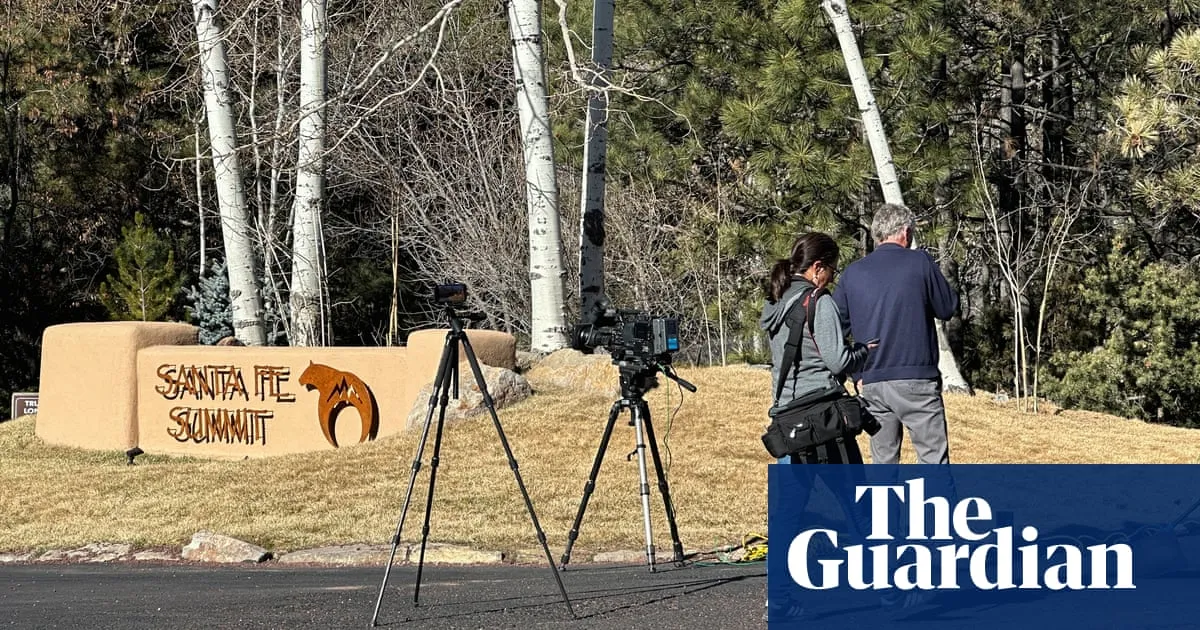
A representative for the estate of actor Gene Hackman is taking legal action to prevent the public release of sensitive autopsy and investigative reports. This includes photographs and police body-camera videos related to the recent deaths of Hackman and his wife, Betsy Arakawa. The couple's partially mummified bodies were discovered at their home in New Mexico in February. Authorities revealed that Hackman passed away at the age of 95 due to heart disease, compounded by complications from Alzheimer’s disease, just a week after Arakawa, who was 65, died from hantavirus pulmonary syndrome, a rare rodent-borne disease.
The investigation into their deaths has raised significant public interest, particularly after it was disclosed that Hackman’s pacemaker exhibited signs of activity as recently as February 18, suggesting an abnormal heart rhythm on the day he likely died. However, the couple's bodies were not discovered until February 26, prompting further inquiries into the circumstances surrounding their tragic passing.
Julia Peters, a representative for Hackman and Arakawa’s estate, has filed a request with a state district court in Santa Fe, urging the court to seal the records associated with the case. The petition emphasizes the family's right to privacy during their time of grief, as safeguarded under the 14th Amendment of the U.S. Constitution. Peters argues that the potentially shocking nature of the images and videos from the investigation could lead to public distress and unwanted media attention.
The petition also highlights the couple’s commitment to a private life in Santa Fe, where they lived for over 30 years after Hackman’s retirement from acting. Santa Fe is renowned as a tranquil refuge for celebrities, artists, and authors, and the couple reportedly “lived an exemplary private life” without drawing attention to their lifestyle. This further underscores the need for privacy regarding the details of their deaths.
According to Amanda Lavin, legal director at the New Mexico Foundation for Open Government, New Mexico’s open records law restricts public access to sensitive images, including those depicting deceased individuals. Certain medical information is also classified as non-public under the state’s Inspection of Public Records Act. However, Lavin notes that most death investigations and autopsy reports are generally considered public records, intended to ensure governmental transparency and accountability.
Lavin expressed concern that prohibiting the release of all investigation records, including autopsies, would infringe upon the principle of transparency. “The whole idea of those records being available is to ensure accountability in the way those investigations are conducted,” she stated. Additionally, she highlighted a public health concern due to the involvement of hantavirus in Arakawa’s death, further complicating the implications of the request to seal the records.
Gene Hackman, a celebrated Hollywood icon, won two Academy Awards throughout his illustrious career, which spanned from the 1960s until his retirement in the early 2000s. He is well-known for his roles in classic films such as The French Connection, Hoosiers, and Superman. Betsy Arakawa, originally from Hawaii, was a talented concert pianist who attended the University of Southern California. The couple first met in the mid-1980s while she was working at a California gym.
The ongoing developments surrounding the investigation into their deaths continue to captivate the public's interest, raising questions about privacy, transparency, and the nature of public records in sensitive cases.